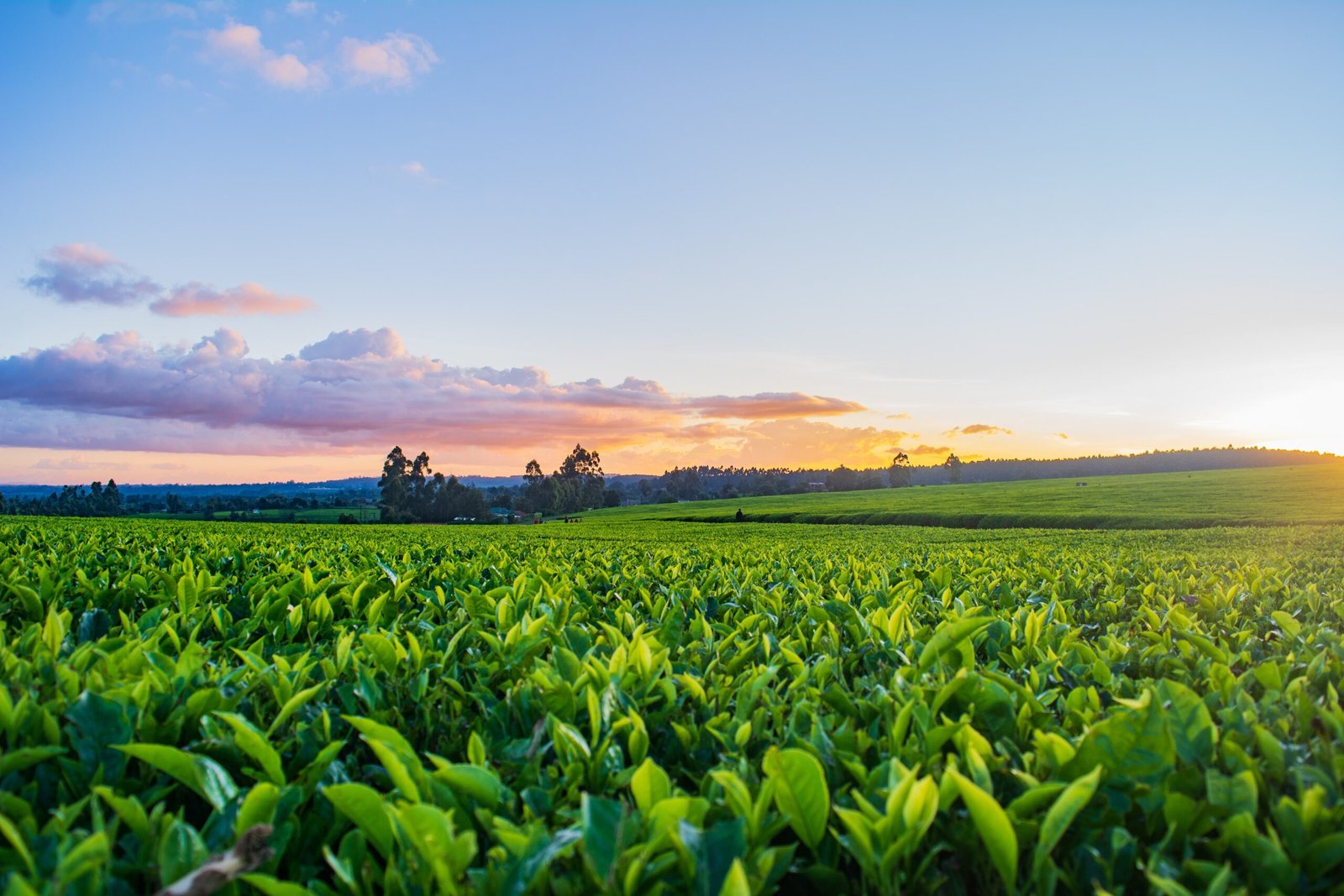India, with its rich agricultural heritage, has been a land of farmers for centuries. The practice of farming in India dates back to ancient times, and it has played a vital role in shaping the country’s economy, culture, and way of life.
Indian farming is a diverse and complex system that varies across different regions and states. The country’s vast geographical and climatic variations have led to the development of various farming techniques and practices. From the fertile plains of Punjab to the rain-fed fields of Kerala, each region has its own unique farming methods and crops.
Traditionally, Indian farming has been characterized by small-scale, subsistence farming. Farmers rely on traditional knowledge, passed down through generations, to cultivate crops and rear livestock. However, with the advent of modern agricultural practices, mechanization, and the Green Revolution in the 1960s, farming in India has undergone significant changes.
The Green Revolution, with its focus on high-yielding varieties of crops, irrigation, and the use of chemical fertilizers and pesticides, brought about a revolution in Indian agriculture. It helped increase food production, reduce dependence on imports, and improve the livelihoods of farmers. However, it also posed challenges such as environmental degradation, soil erosion, and water scarcity.
Today, Indian farming faces numerous challenges, including climate change, land degradation, and the shrinking availability of natural resources. However, there is a growing movement towards sustainable and organic farming practices. Farmers are adopting techniques like organic farming, crop rotation, and agroforestry to mitigate the negative impacts of conventional farming.
Indian farming is not just about food production; it is deeply intertwined with the country’s culture and traditions. Festivals like Baisakhi, Pongal, and Makar Sankranti celebrate the harvest season and honor the hard work of farmers. The agricultural sector also provides employment opportunities for millions of people, contributing to rural development and poverty alleviation.
As India marches towards a more sustainable and inclusive future, it is crucial to support and empower farmers. By promoting organic farming, providing access to credit and technology, and investing in rural infrastructure, we can ensure the well-being of our farmers and secure food security for future generations.


 नीमैक्स 10K
नीमैक्स 10K